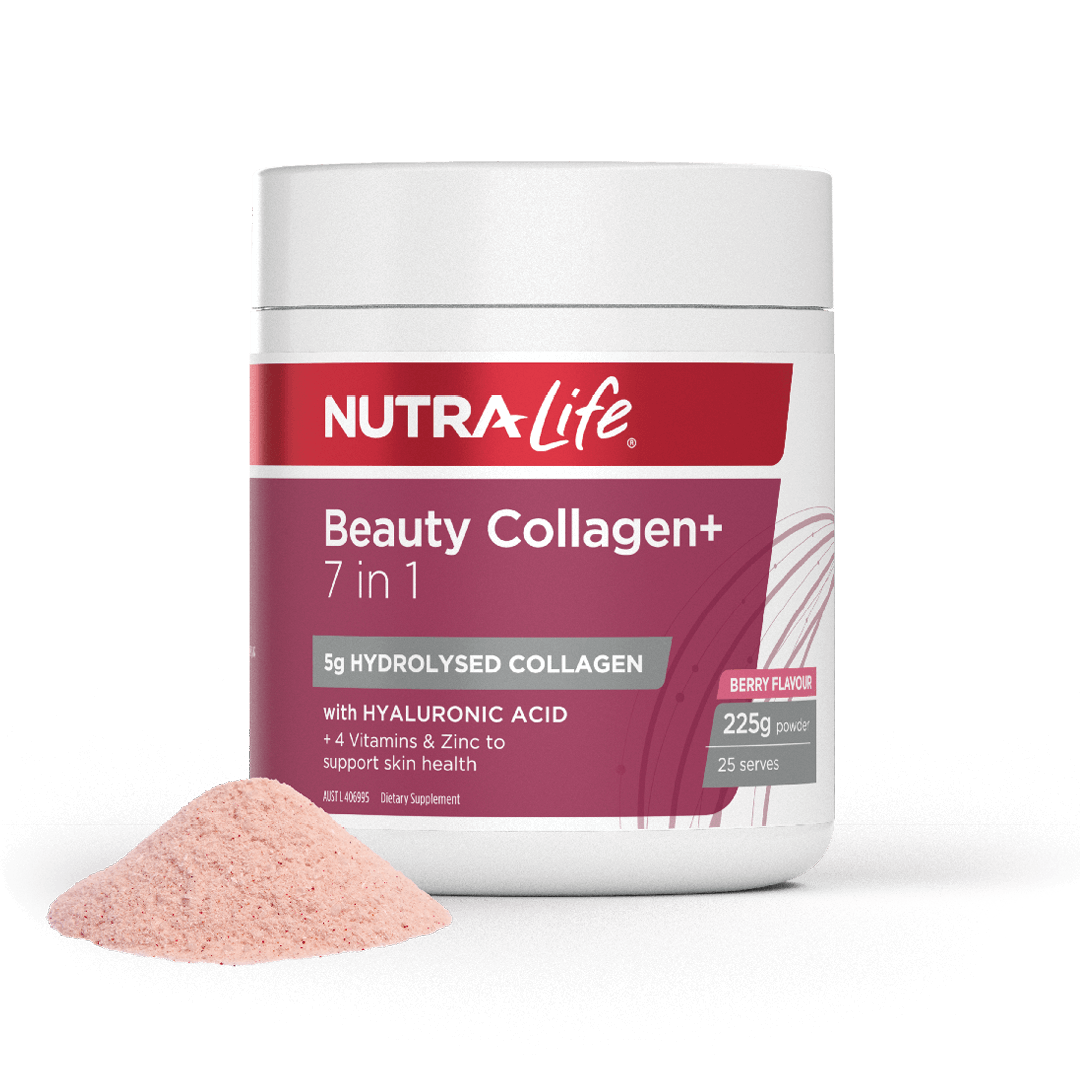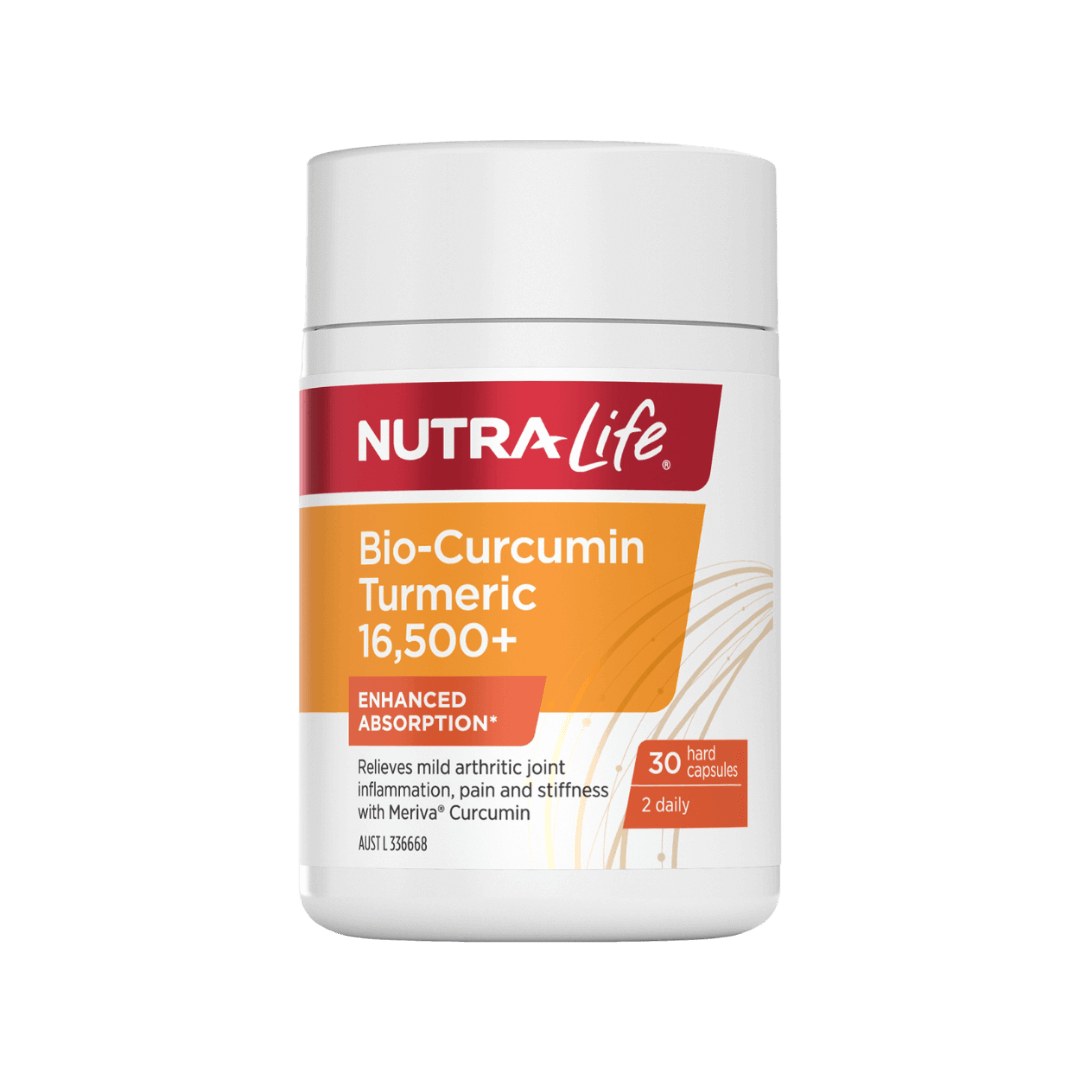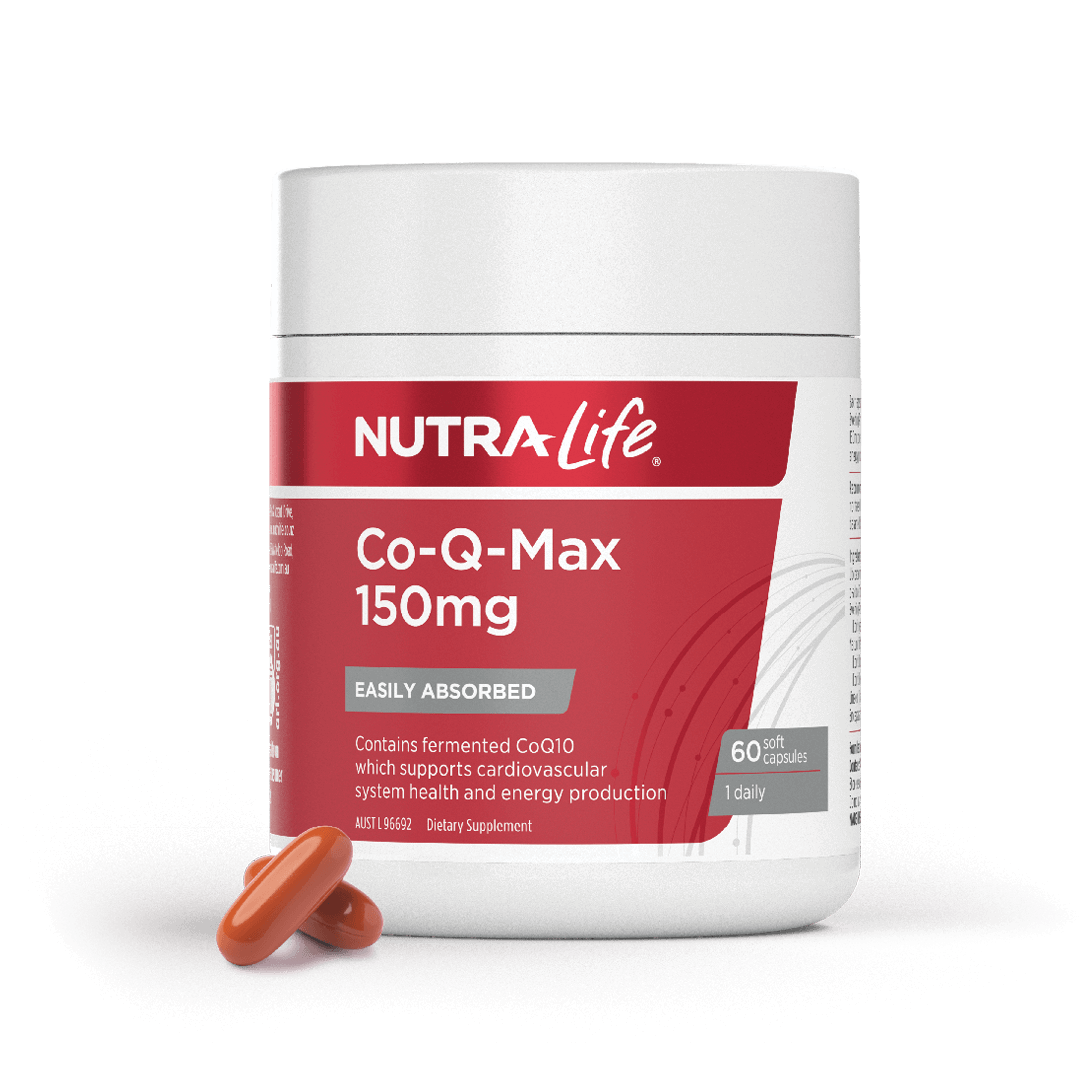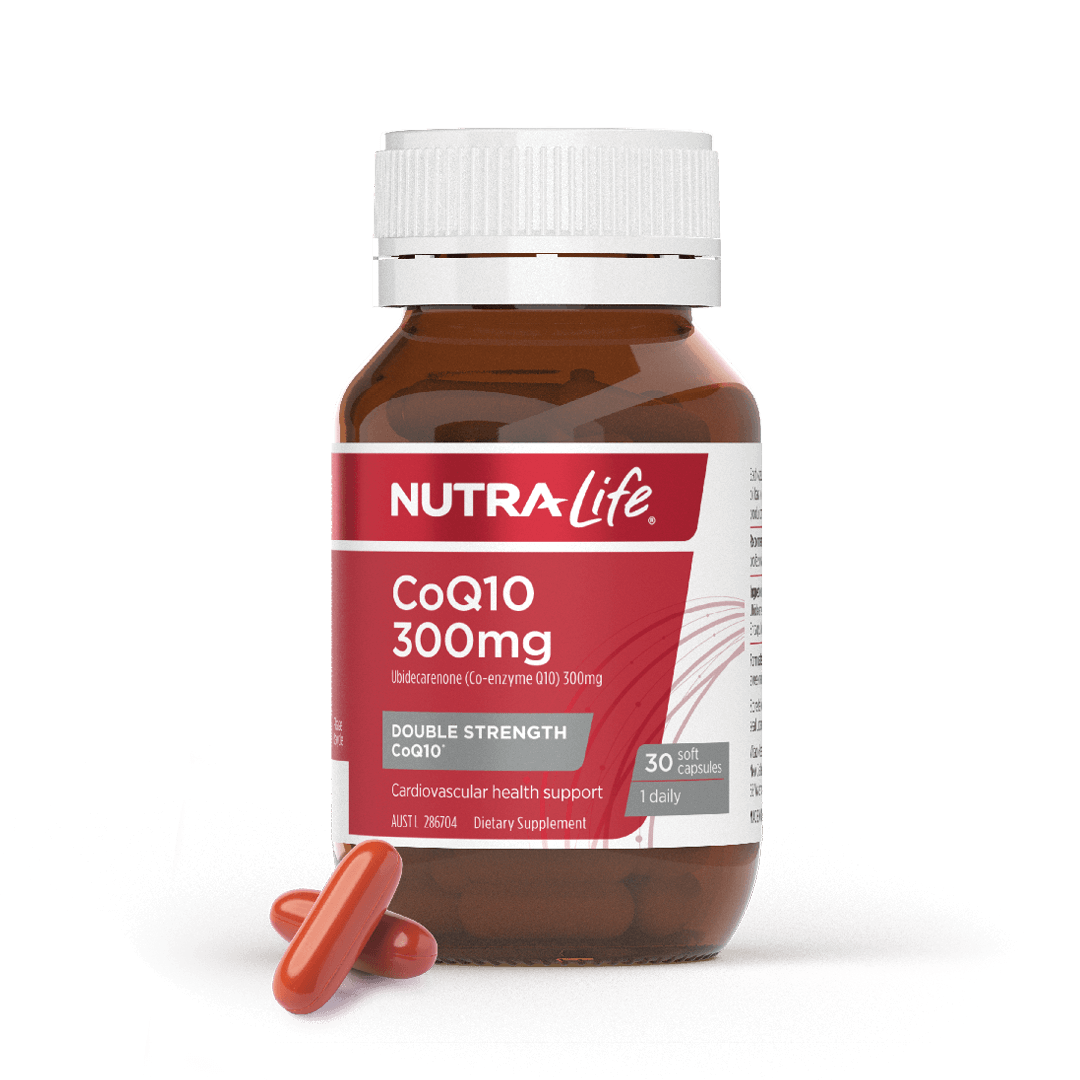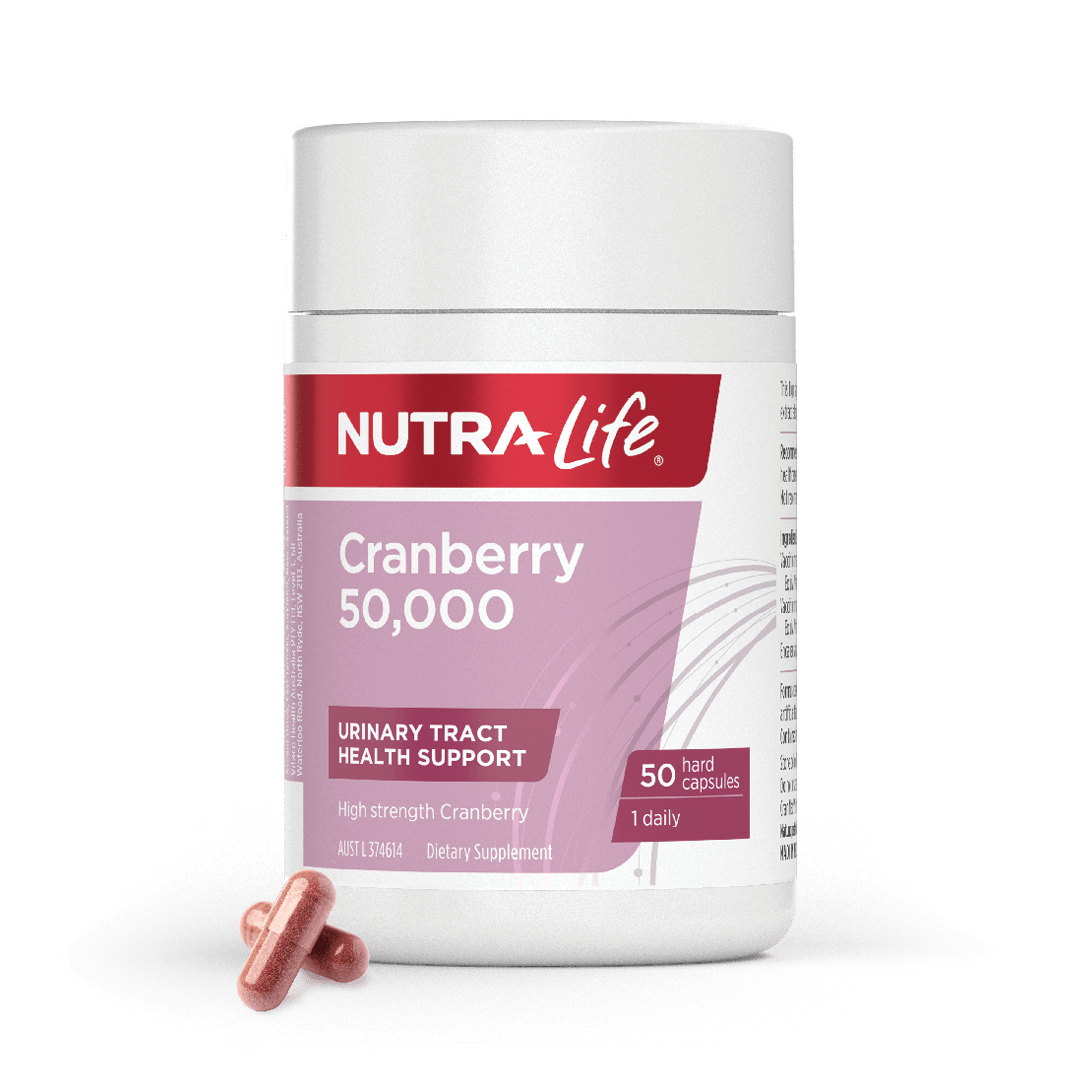Magnesium glycinate has been gaining significant attention as a popular choice for those wanting to take a high-quality magnesium supplement to support many different aspects of their health and wellbeing. Well-known for its superior absorption, this form of magnesium is also known for its effectiveness and minimal side effects.
What is Magnesium Glycinate?
Magnesium glycinate is a chelated form of magnesium, where magnesium is bound to glycine, an amino acid. This combination helps improve the absorption and bioavailability of magnesium compared to other forms. A study showed that magnesium absorption from magnesium chelate was 8.8 times greater than from magnesium oxide[1]. The chelation process ensures that magnesium is delivered more effectively to the body, minimising potential gastrointestinal discomfort that can occur with other forms of magnesium.
Magnesium itself is a vital mineral involved in over 300 enzymatic processes in the body, making it essential for numerous functions, including muscle and nerve function, energy metabolism, and protein synthesis[2].
Uses of Magnesium Glycinate
Magnesium glycinate offers several advantages due to its high bioavailability. These benefits include:
- Support for muscle and nerve function: Adequate magnesium levels are crucial for muscle contraction and nerve function. Magnesium glycinate is often used to help with muscle cramps, spasms[2], and restless legs, making it ideal for athletes and individuals experiencing muscle-related issues.
- Relaxation: Magnesium is involved in regulating neurotransmitters that influence stress and anxiety states. Magnesium glycinate can help support relaxation, making it beneficial for those experiencing stress and nervous system-related symptoms, including stress-induced sleep issues[2].
- Bone health: Magnesium is essential for bone formation and maintenance. Magnesium glycinate supports bone health by aiding in calcium regulation and contributing to bone strength[2].
- Energy production: Magnesium is required in the body to create energy by activating adenosine triphosphate (ATP), which is the fundamental unit of energy within the body's cells. Without proper levels of magnesium, the nutrients that you take in through food and supplements would not be metabolised into energy.
- Mood: Magnesium may help support nervous system function and may positively impact mood and help with the symptoms of anxiety[2].
- Cardiovascular support: Magnesium contributes to helping maintaining healthy blood pressure and overall cardiovascular function. By ensuring adequate magnesium intake, you can help to maintain a healthy heart and cardiovascular system[2].
Recognising Magnesium Deficiency
Magnesium deficiency is relatively common and can result from inadequate dietary intake or absorption issues. The Recommended Dietary Intake (RDI) for magnesium varies: for adult men, it is approximately 400-420 mg per day, while for adult women, it is about 310-320 mg per day. Pregnant and lactating women may need higher amounts[3].
Signs of magnesium deficiency may include (but not exclusive to):
- Muscle cramps and spasms[2]: Persistent or severe cramps can indicate low magnesium levels
- Fatigue and muscle weakness[2]: Chronic tiredness and general weakness may signal a deficiency
- Irregular heartbeat[2]: Magnesium is essential for heart health; irregular heartbeats or palpitations could be a sign of magnesium deficiency
- Mood fluctuations and anxiety[2]: There can be many different factors involved with symptoms related to mood and anxiety. One factor may be linked to insufficient magnesium levels
To diagnose a deficiency, a blood test can measure magnesium levels. However, since only a very small percentage of magnesium is in the blood[2], it's not an accurate way of measuring total magnesium in the body, so symptoms and dietary history are better to assess deficiency. Consult with your healthcare professional if you are concerned about your magnesium levels.
What Causes Magnesium Deficiency?
Magnesium deficiency can arise from various factors, including inadequate dietary intake, certain medical conditions, and lifestyle habits. A diet low in magnesium-rich foods such as leafy greens, nuts, and whole grains can lead to insufficient levels of this essential mineral. Chronic health conditions can impair magnesium absorption or increase its loss.
Additionally, high levels of stress, profuse sweating, excessive alcohol consumption, and certain medications, such as diuretics and antibiotics, can deplete magnesium levels in the body[2]. Understanding these causes can help in preventing and addressing magnesium deficiency through dietary adjustments or supplements.
How Much Magnesium Glycinate Per Day?
The ideal dosage of Magnesium glycinate can vary based on individual needs and health conditions. Some people require more than others, and some require less. Typically, daily doses range from 100 mg to 400 mg of elemental magnesium. It's important to follow the dosage recommendations on the supplement label or consult with a healthcare provider to determine the right amount for your specific needs.
Taking too much magnesium can lead to adverse effects such as diarrhoea, nausea, or abdominal cramping. Therefore, starting with a lower dose and gradually increasing it, if necessary, can help minimise any potential side effects.
When to Take Magnesium Glycinate?
Magnesium glycinate can be taken at any time of day or night, with or without food. However, the timing of Magnesium glycinate intake can affect its effectiveness and tolerance depending on your specific circumstances.
- Before bedtime: Taking Magnesium glycinate in the evening can help support relaxation and sleep quality. Its calming properties may help in unwinding before sleep
- With meals: Taking Magnesium glycinate with meals may improve absorption and minimise gastrointestinal discomfort. If you experience digestive issues, consuming the supplement with food might ease the symptoms, or you might consider lowering your dosage
- During the day: Taking Magnesium glycinate during the day, or dividing your dose throughout the day and evening may be beneficial during times of stress
- Consistency: Consistent daily intake is key for optimal results. Taking Magnesium glycinate at the same time each day can help maintain stable levels in the body
Is it OK to take Magnesium Glycinate every day? Yes, it's generally okay to take Magnesium glycinate every day as long as you stay within recommended dosage guidelines, or as directed by your healthcare professional.
Where Can I Buy Magnesium Glycinate?
Look for Nutra-Life Magnesium Glycinate+ High Strength Powder. Available in all good Health Food stores and Pharmacies or buy online.
Nutra-Life Magnesium Glycinate+ High Strength Powder is a high strength 350mg dose of elemental Magnesium from Magnesium glycinate to support muscle function and nervous system health. It also contains Vitamin C to support a healthy immune system.
Key features and benefits:
- A high strength Magnesium powder providing 350mg of elemental Magnesium per serve
- Contains Magnesium glycinate for high absorption* to support optimal muscle function and nervous system health
- Contains Magnesium glycinate - an easily absorbed form of organic & oxide-free magnesium, which is gentle on the stomach
- Added Vitamin C to support a healthy immune system
- Great tasting natural berry flavoured powder that is 98% sugar free - ideal for those who find it difficult to, or prefer not to, swallow capsules/tablets. Can be added to smoothies if preferred
- Suitable for vegetarians and vegans
- Halal suitable
In summary, Magnesium glycinate is a valuable supplement that can help support relaxation, sleep quality, muscle and nerve function, energy production and overall health. Understanding its benefits, recognising signs of deficiency, and adhering to proper dosage and timing can help maximise its effectiveness. Incorporating Magnesium glycinate into a daily health regime may support overall well-being in many different ways.
*when compared to Magnesium oxide
References:
[1] Dr. rer. nat. Stefan Siebrecht, 2013, Magnesium Bisglycinate as safe form for mineral supplementation in human nutrition
[2] Lesley Braun, Marc Cohen, Herbs & Natural Supplements, An evidence-based guide 3rd edition, pages 680-689
[3] Ministry of Health, Nutrient Reference Values for Australia & New Zealand https://www.eatforhealth.gov.au/nutrient-reference-values/nutrients/magnesium





